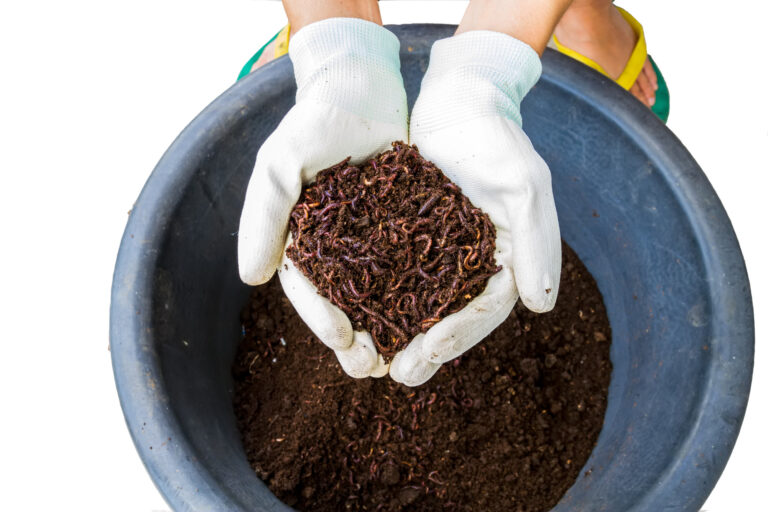I was chatting with a friend the other day and she asked me if I’d ever heard about worm farming. I said, “sure, like to compost in your apartment, right?” And she said, “sure, but did you know that you can actually make money with worm farms?” Huh. I did not know that. My Friend’s…
